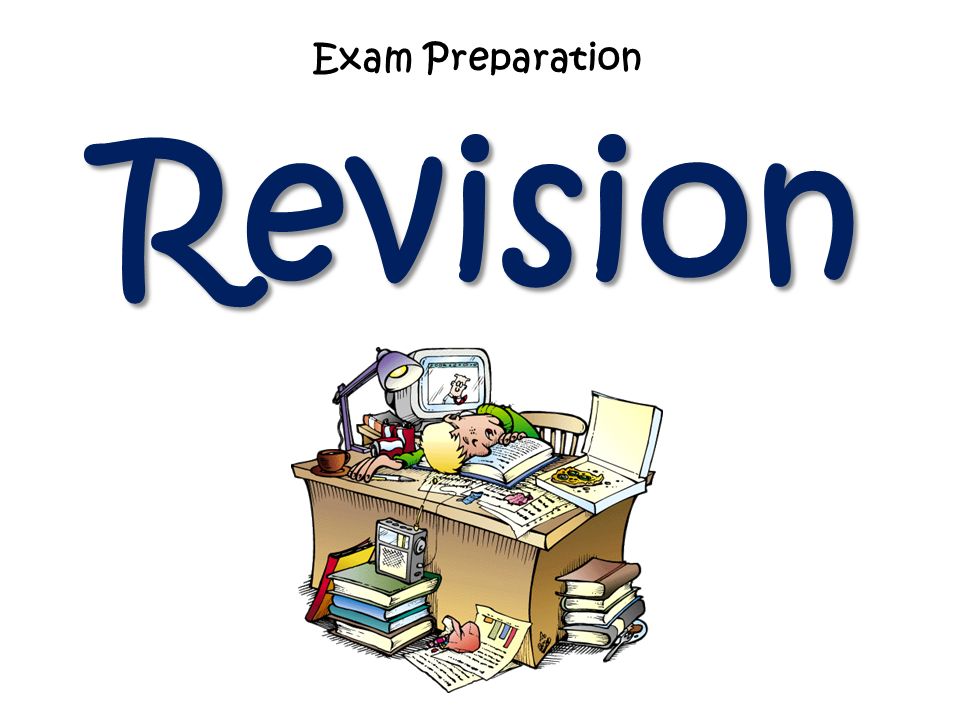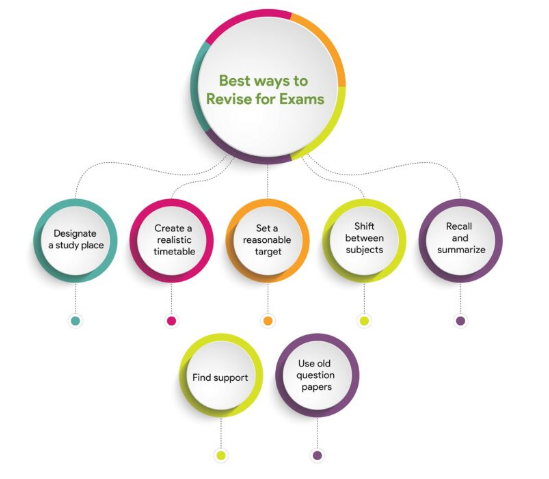The annual examinations for every class signal a culmination of a whole school year for the varsity, teachers and students. But thanks to the challenges raised by the pandemic, examinations are cancelled across Telangana and other states in India. The annual assessment for the tutorial year 2020-21 has taken a back seat, and most pupils will be promoted to support their internal performance.
Teachers at the Vidhyashram International School, the best international school in Jodhpur, are striving hard to interact with the scholars for revision. They encourage students to plan a self-study schedule as a crucial part of the training curve. Checking their knowledge domain and preparedness for the examination continues to be necessary.
Syllabus – Definition and Importance
A syllabus may be a highly informative guide to a course. It sets all the rules, policies, and regulations of the institution. Supported this assumption, the scholars are evaluated within the final exam at the top of the year. It's a kind of contract between teacher and students stating how the course will run and what's expected of learners. In the past, students would get a hard copy on the primary day of the category, while today, in most cases, it's an integral part of the school/college website.
Why is revision necessary for exams?
"Practice makes a student perfect"
Exams are the last word test to gauge the understanding of subjects by students. The importance of revision can't be determined. Practicing repeated attempts to unravel past year question papers accelerate the knowledge domain, speed, accuracy and preparedness to require the ultimate test. We share a couple of strategic tips with students, and therefore the best thanks to revising for exams and become proficient.
Best ways to Revise for Exams:
- Designate a study place: Identify a well-lit, comfortable, quiet area without distractions. Temporarily disable all social media and devices to specialize in revision.
- Create a sensible timetable: Prepare subject wise weekly program by breaking it into topic-wise daily revision. Give priority to topics that offer you anxious moments. Stick with the schedule for revision and relaxation.
- Set an inexpensive target: don't overburden yourself with too many topics at the same time. It'll do more harm, and there'll be no focus. Prepare precisely and to the purpose revision notes for reading before the eleventh-hour preparation. Studying new topics or cramming before exams isn't good.
- Shift between subjects: Categorize your studies as memory-based, problem-solving, interpretation base subjects—alternate revision between issues instead of multi-tasking.
- Recall and summarize: Periodically prepare self-question and answer them by recalling. Summarize what you've got studied in your own words for self-evaluation.
- Find support: Try group studies where all can explain one topic to the others. It helps everyone to spot weak areas which require to be worked upon. You'll also ask your teachers for better clarification.
- Use old question papers: attempt to attempt answering past documents keeping in mind the exam parameters. This may assist you in checking yourself on your knowledge domain and preparedness.
Revision continues to be an integral part of studies and a necessary ways to retaining knowledge.
Read this related article - How to Make Online Classes More Effective for Primary Children?








1 Comments
Thank you for sharing such content. Please keep sharing. For importance of mental health during exams
ReplyDelete